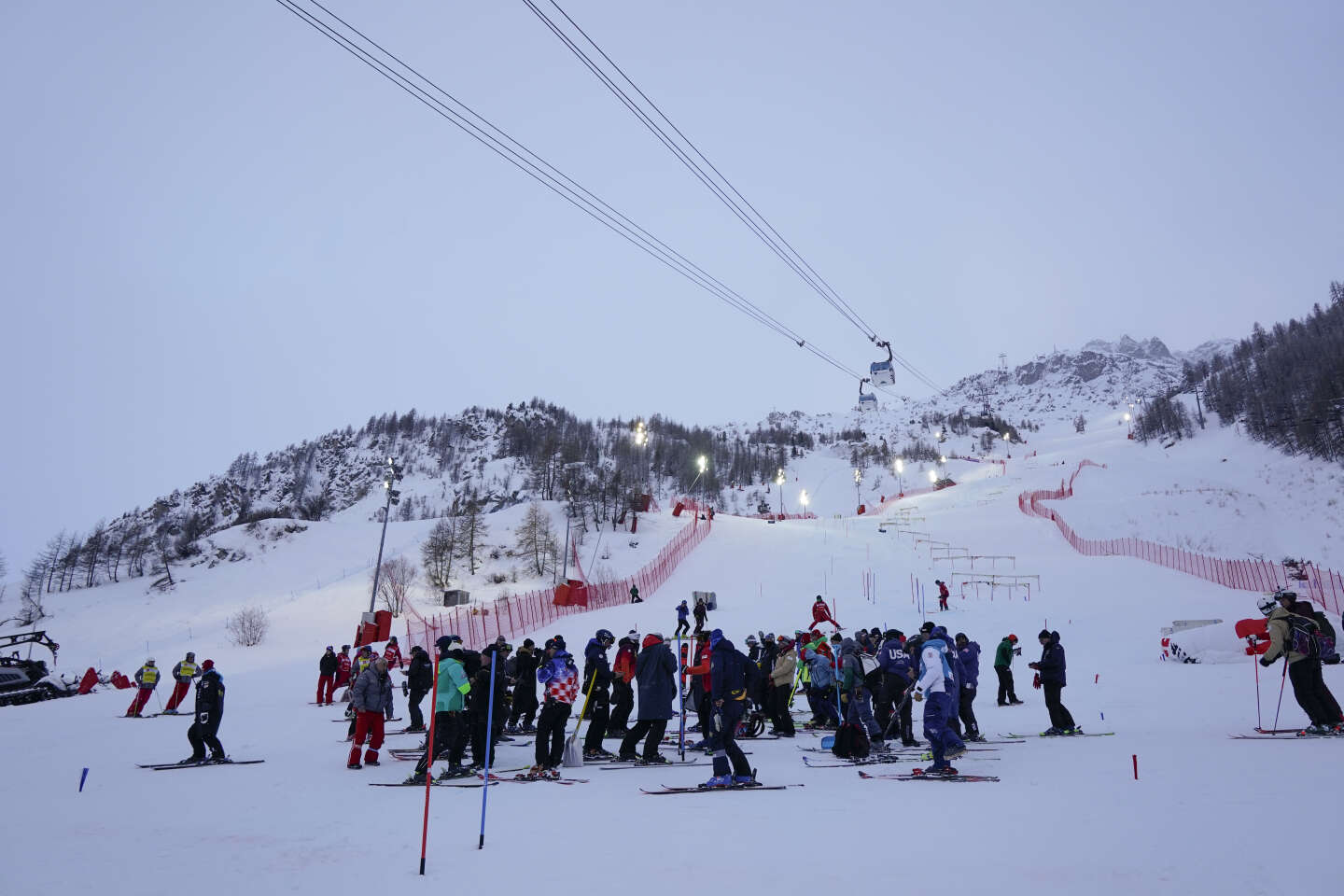


As France prepares to host the most important sporting event of the past few decades this summer, the very likely selection of the French Alps for the 2030 Winter Olympics may leave some bewildered. Not only because of the timing – 2030 is very close to the Paris Games – but also because this mega-event will take place in the Alps, a territory that symbolizes vulnerability to climate change and the need to transform economic and tourism models.
According to François de Canson, vice-president of the Provence-Alpes-Côte d'Azur region (southeastern France), which, along with the Auvergne-Rhône-Alpes region (southeast-central France), submitted the French bid to the International Olympic Committee (IOC), there are plenty of reasons to celebrate. The IOC believes that the Winter Games will be a fantastic opportunity to maintain popular enthusiasm for the Olympics after Paris, to inspire young people with the dream of winter sports, to encourage vocation and to "attract visitors to the snow and mountains."
All this at a time when ski resorts, even those at altitude, are seeing their business model challenged. As years go by, winter seasons are getting shorter and snow is more uncertain. A benchmark study revealed that a third of Alpine resorts will have serious snow problems by 2050, even with the addition of artificial snow. Already, ski pass sales are stagnating or even declining as resorts struggle to recoup their latest investments in lifts and real estate. Young French people are less enthralled with skiing. Foreign clientele has become essential. The Olympic Games would give this model an unexpected chance to clear its horizon.
Political support
The Games would also provide an opportunity to validate infrastructure projects (trains, roads, valley elevators, etc.), at a time when Alpine resorts are not easily accessible by train and roads are congested, particularly in the Tarentaise Valley in the heart of the Alps (world-renowned for its ski resorts). "We have a window of opportunity that will enable us to move much faster," said Jean-Luc Boch, president of the National Association of Mountain Resort Mayors.
It is therefore no surprise that many elected representatives and companies are backing the bid. This political support, up to the highest level of government, was also a decisive factor for the IOC. The organizers also produced a poll – a method with well-known limitations – attesting to popular support for the event. These Games, presented as "sober and responsible," will also make "95%" use of existing infrastructures, particularly those of the Albertville Games (1992).
You have 55% of this article left to read. The rest is for subscribers only.
